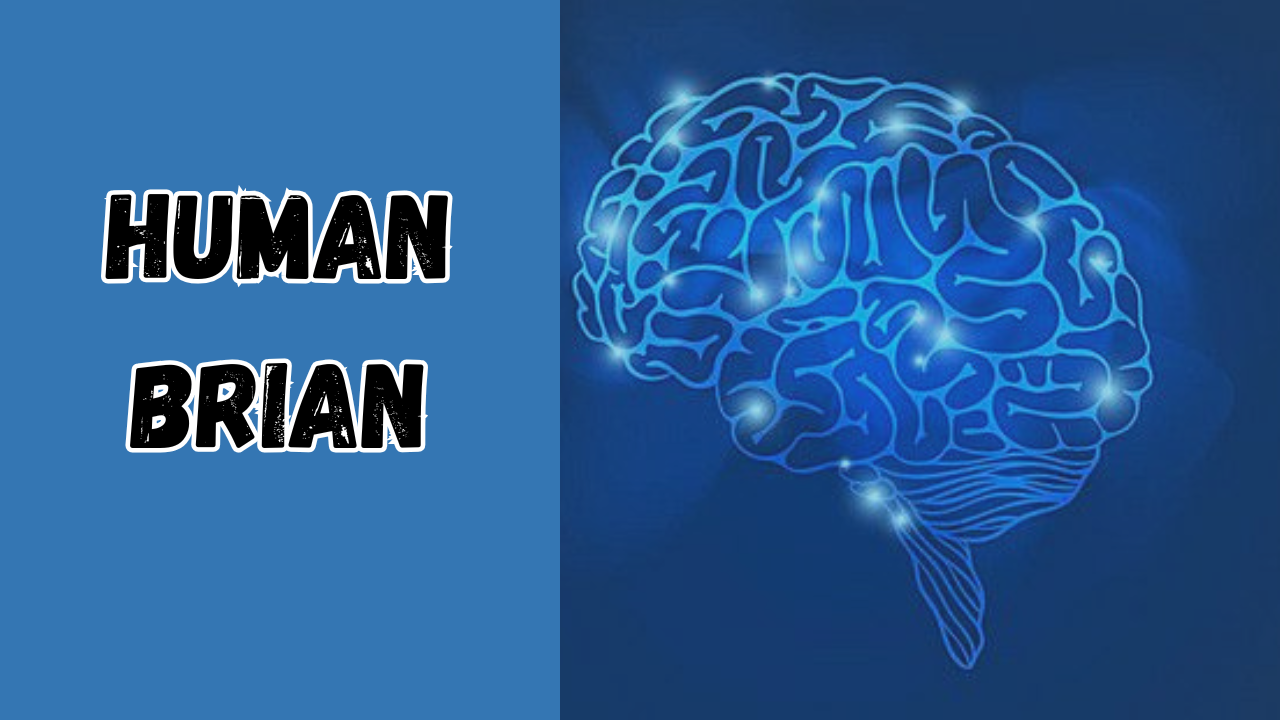The human brain is one of the most fascinating and complex organs in the body it controls everything we do from simple tasks like breathing and walking to complex processes like thinking learning and creating memories ears of scientific research many mysteries about the brain remain unsolved these questions continue to intrigue scientists and researchers worldwide one of the brain most incredible abilities is its adaptability known as neuroplasticity this allows the brain to reorganize itself form new connections and even heal from injuries this ability plays a key role.
learning and memory helping people develop new skills and overcome challenges emotions creativity the balance of chemicals and electrical signals determines how we feel and respond to situations understanding these processes can help us improve mental health boost intelligence and even enhance our daily lives as research advances we continue to uncover the brain hidden potential by exploring its secrets we gain valuable insights into human behavior intelligence and consciousness bringing us closer to understanding what truly makes us who we are.
A Supercomputer unlike Any Other:
Imagine a machine that processes billions of pieces of information every second without rest that exactly what your brain does it consists of about 86 billion neurons all working together in a vast network to interpret the world around you each thought movement and emotion results from electrical and chemical signals traveling at lightning speed through these neural pathways.
But what truly sets the brain apart is its ability to adapt this is known as neuroplasticity a process that allows the brain to rewire itself based on experiences it how we learn new skills recover from injuries and develop habits every time you practice something, like playing an instrument or solving a puzzle your brain strengthens the connections needed for that task
The Subconscious Mind:
While we focus on our conscious thoughts our subconscious mind is always at work. It stores deep-rooted beliefs instincts and emotions influencing our decisions without us realizing it this is why habits are so powerful the more we repeat an action, the deeper it embeds into our subconscious making it second nature this also explains why breaking bad habits can be challenging the brain prefers efficiency so it sticks to familiar patterns unless we actively train it to change mindfulness and self-awareness are key to rewiring these automatic responses.
The Power of Feelings:
Emotions are not just reactions they are the brain way of interpreting experiences the amygdala a small almond-shaped structure plays a major role in processing emotions like fear and pleasure meanwhile the prefrontal cortex helps regulate these emotions allowing us to make rational decisions when you feel happy your brain releases neurotransmitters like dopamine and serotonin creating a sense of well-being on the other hand, stress triggers the release of cortisol which in excess can harm the brain over time that’ why managing stress through relaxation techniques, exercise and social connections is crucial for mental health.
The Brains full potential:
Many believe that humans only use a small percentage of their brain but that a myth in reality different parts of the brain are active depending on the task at hand we can enhance our brain performance through:
Lifelong Learning: Challenging your brain with new skills keeps it sharp.
Healthy Nutrition: Foods rich in omega-3, antioxidants and vitamins support brain function.
Quality Sleep: Sleep is essential for memory consolidation and mental clarity.
Regular Exercise: Physical activity increases blood flow to the brain improving cognitive function.
Meditation and Mindfulness: Reducing stress through meditation strengthens neural connections.
Conclusion:
The human brain is a marvel of nature capable of incredible feats of intelligence creativity and adaptation by understanding how it works we can unlock its true potential and improve our lives it enhancing memory mastering emotions or breaking bad habits the key lies within us with the right mindset and practices we can harness the power of our own minds to achieve greater success and well-being.
FAQS:
1. How much of our brain do we actually use?
The myth that we use only 10% of our brain is false brain imaging studies show that almost all parts of the brain are active even when we are at rest.
2. Can the brain repair itself after injury?
The brain has a limited ability to heal itself through neuroplasticity while severe damage may be permanent certain areas can reorganize and form new connections over time.
3. How does the brain create memories?
Memories are formed through neural connections primarily involving the hippocampus short-term memories can turn into long-term ones through a process called consolidation.
4. Why do we dream?
The exact reason for dreaming is still unknown but theories suggest it helps process emotions memories and problem-solving.
5. Can brain training improve intelligence?
Activities like puzzles learning new skills and engaging in intellectual challenges can enhance cognitive function but they do not necessarily increase overall IQ.




